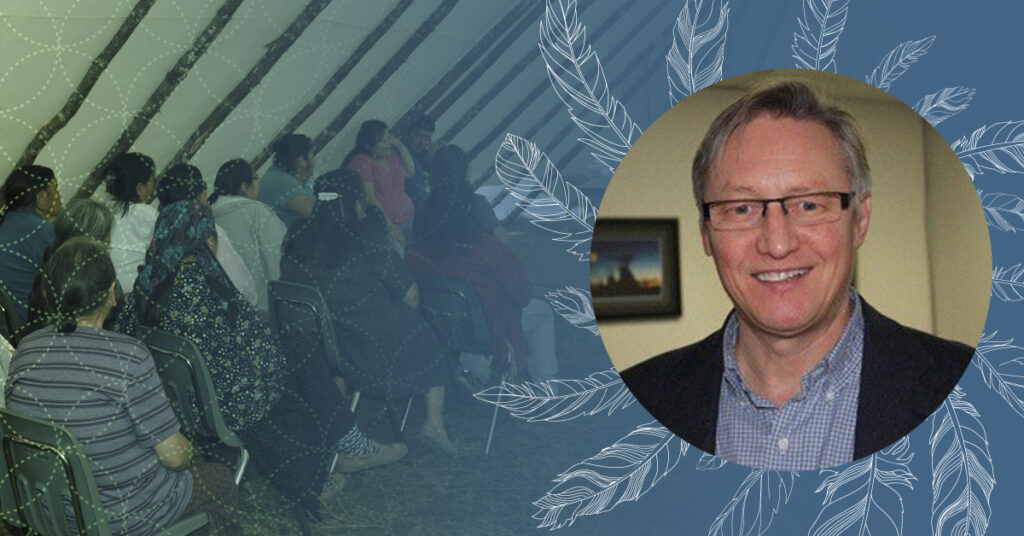With the sudden onset of the COVID-19 pandemic two years ago, the FNQLHSSC quickly had to surround itself with public health experts to help it properly accomplish its mission, which is to support First Nations communities and organizations to ensure the health and safety of their populations. One of those who has been helping us for several months is Dr. André Corriveau, Medical Officer of Health.
Would you like to learn more about him? We asked him seven questions to help you better understand his mandate at the FNQLHSSC, but also what motivates him in his duties and for which organizations he has worked in the past.
Hello Dr. Corriveau! Thank you for agreeing to answer our questions to allow communities and our partners to know a little more about you. First, in concrete terms, what does your work as Medical Officer of Health entail?
A classic definition of public health includes all a society’s organized efforts to keep people healthy and prevent injury, disease, and premature death. This includes any program, service and policy that aims to protect and promote the health of a population or community. As a physician specializing in public health, my role is to advise and contribute to the work of the FNQLHSSC to support the efforts of First Nations communities aimed at improving the health of their populations by drawing on my knowledge and experience.
We assume that your work has changed a lot since the onset of the COVID-19 pandemic. What were the files you were dealing with before?
I should point out that I was not involved in the FNQLHSSC prior to the pandemic, but I can say that throughout my career I have been called upon to work in almost all types of files associated with public health, including the prevention and control of infectious diseases, organization of screening programs, prevention of chronic diseases, health promotion, health surveillance and development of health policies.
Before you started working at the FNQLHSSC, for which organizations did you work?
I worked for 7 years as the Director of Professional Services for the Inuulitsivik Health Centre in Nunavik, for 21 years with the Government of Northwest Territories, including 18 years as Chief Medical Officer of Health, for 3 years as the Director of Public Health for the province of Alberta and for the past 3 years as a medical consultant to various organizations.
You have clearly developed considerable expertise over the course of your career within First Nations and Inuit organizations. What prompted you to venture into this environment?
From the beginning of my medical studies, I was interested in working in a remote and/or northern region and so I sought various opportunities in this direction by choosing internships in Labrador and Nunavik. Subsequently, each experience opened the door to the next.
What is your main source of motivation regarding the performance of your duties?
My interest in public health and a desire to share knowledge aimed at improving health motivate me. My desire to learn more about the traditional knowledge of Indigenous nations was also an important source of motivation.
Is there a specific moment or event that you have found particularly significant since you started working with the FNQLHSSC?
I would say that I considered it an opportunity and an honour to be able to support the Chief of the AFNQL, Ghislain Picard, as an expert witness during the coroner’s inquest into the tragic death of Joyce Echaquan.
Finally, on a lighter note, can you tell us a surprising fact about yourself?
I currently reside on Saltspring Island in British Columbia, so it is sometimes a small challenge for the FNQLHSSC communications sector to coordinate my interviews with Quebec time.
